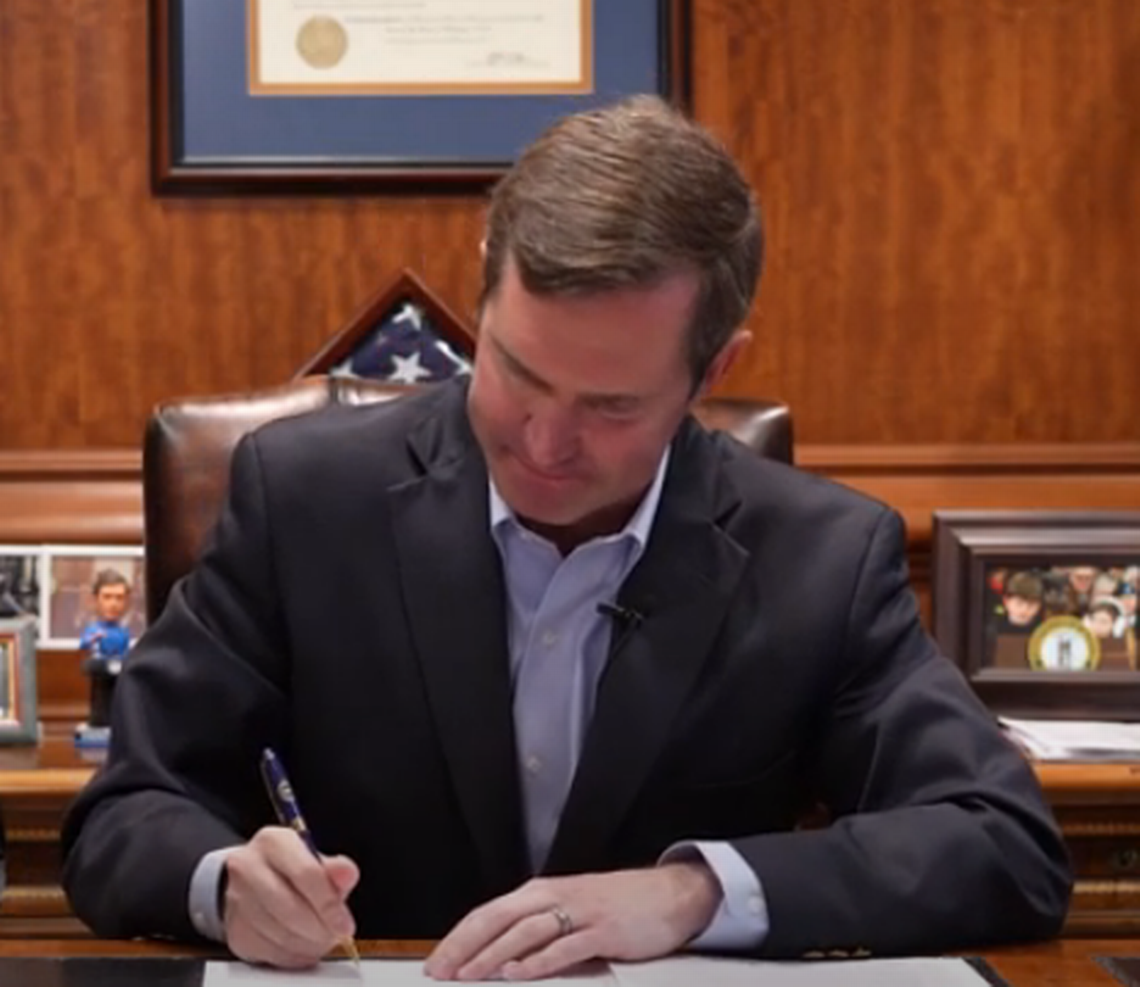With his veto on April 9, Gov. Beshear signaled he would neither be complacent nor stand idly by while the state’s elected representatives foolishly advance House Bill 5, a bill that will harm public safety. Make no mistake: the so-called Safer Kentucky Act, by further criminalizing homelessness, poverty and substance misuse, and attacking charitable bail funds, will ensnare countless poor and sick Kentuckians within an unrelenting revolving door of justice-system involvement that will destabilize them in the future.
The bill drew criticism from criminologists and both sides of the political spectrum in part because it offers a solution to a problem that does not exist – violent crime rates have been declining in recent years – and it wastes taxpayer dollars, with estimates suggesting that the bill will cost $1 billion over ten years. This latter point is something the governor mentioned explicitly in the public statement he released explaining his veto. The money spent on jailing could be otherwise used for preventative programs like outpatient drug treatment, supportive housing, and jobs programs that address the root causes of crime and help people avoid justice-system involvement altogether.
In stepping in to correct the path of the legislature, Gov. Beshear has chosen to protect the community safety of the Commonwealth – and proven he understands that incarceration should be a measure of last resort, not the default. The governor’s actions are also a testament to the unassailable reserve of the countless community activists and advocates who protested this bill in the first place. The reasons behind community opposition to this bill are obvious – and were apparently heard loud and clear by the Governor.
At The Bail Project, where I work, we are especially concerned with the bill because it attacks charitable bail organizations, which provide a lifeline to Kentuckians who are legally innocent but detained pretrial because they can’t afford to pay bail. The bill would prohibit charitable bail organizations from posting bail amounts of $5,000 or more and prevent them from supporting people charged with a variety of alleged offenses. This is like outlawing food pantries in the midst of a hunger crisis.
Evidence shows our work is both necessary and successful. Between 2018-2023, we provided free bail assistance court notifications, transportation, and referrals to supportive services like drug treatment and housing assistance to over 4,200 Kentuckians across 28 counties who returned to 91% of their court dates, laying waste to the idea that cash bail is necessary to ensure someone returns to court.
Lawmakers would like you to believe that charitable bail organizations are the problem, not cash bail itself. But that’s a ruse – cash bail is the single largest driver of unnecessary pretrial incarceration. In fact, nearly half of the 21,000 people in Kentucky jails are there because they cannot afford bail. This creates a two-tiered system of justice that uses wealth – not safety – to determine who is released pretrial.
When people are incarcerated because of bail amounts they cannot afford, they risk losing their jobs, homes, even custody of their children. Their health declines. Incarceration for as short as 48 hours increases a person’s likelihood of being arrested again in the future. For these reasons, many states and jurisdictions are doing away with cash bail altogether. By refusing to reform the cash bail system as a whole, and by scapegoating organizations like The Bail Project, Kentucky’s lawmakers doubled-down on a failed public policy that devastates communities.
Gov. Beshear has made clear that he is not willing to gamble the safety and livelihoods of Kentuckians for a short-sighted political win. We now await the legislature’s response and hope that they will see the governor’s actions for what they are: a refusal to follow the legislature down a misguided path towards unnecessary incarceration and needless suffering.

Carrie Cole is the Kentucky Policy Advocacy and Partnership Manager for The Bail Project.
